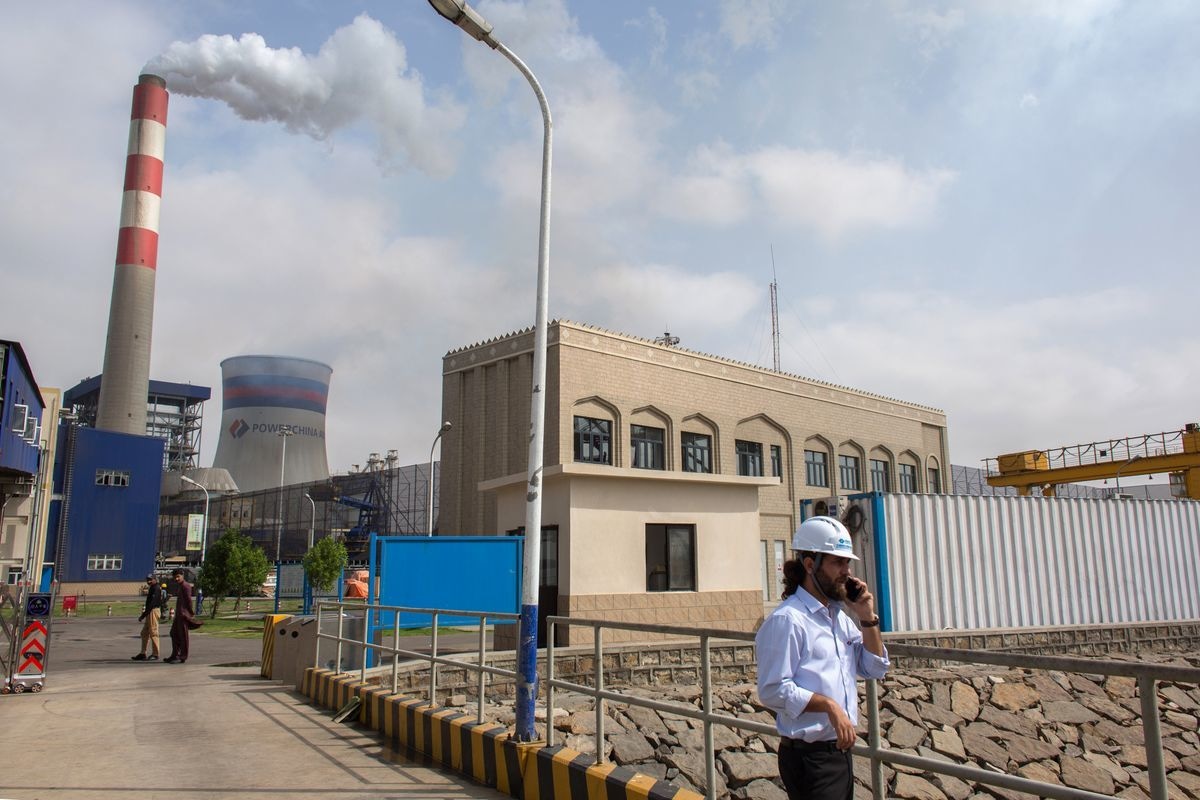Karachi: In a bid to ease repayment of debt, Pakistan is mapping out a plan asking China for relief on payments for power projects Beijing financed over the past eight years, Bloomberg reported on Tuesday. Pakistan has been striving to repay debt under China’s Belt and Road Initiative.
As per the report, officials from China and Pakistan held informal talks, discussing easing terms on the repayment of debt on about a dozen power plants. However, the government has not made a formal request to China regarding the matter as yet.
The report stated that the parties have canvassed Beijing’s willingness to stagger debt payments, as opposed to lowering equity returns.
The Chinese-financed power plants has resulted in a surplus that Islamabad isn’t able to afford. Similar projects in other developing nations, such as Sri Lanka and Malaysia, have suffered issues ranging from heavy debt loads to corruption.
Meanwhile, China faced stark criticism by United States that the initiative leads to debt traps, while acknowledging that countries have had difficulties repaying loans due to the pandemic-induced global recession.
Pakistan will formally make the request to defer debt payments to China, as well as other plants that were part of the latest power policy, after it concludes deals with those local power producers to reduce electricity tariffs, the report mentioned.
In 2013, the governments of China and Pakistan launched the Belt and Road Initiative or the China-Pakistan Economic Corridor that primarily concentrate on infrastructure and energy, with an estimated budget of more than $62 billion.
Within the first seven years of its existence, the initiative resulted in the completion of 24 energy projects, which are worth $25.5 billion altogether. These include the erection of non-renewable power plants, namely coal stations in the Pakistani towns of Port Qasim and Sahiwal, as well as of solar and wind facilities.
Besides helping Pakistan attain energy self-sufficiency, the Belt and Road Initiative has invested $12 billion in constructing new roads and modernizing the local railway system.
















